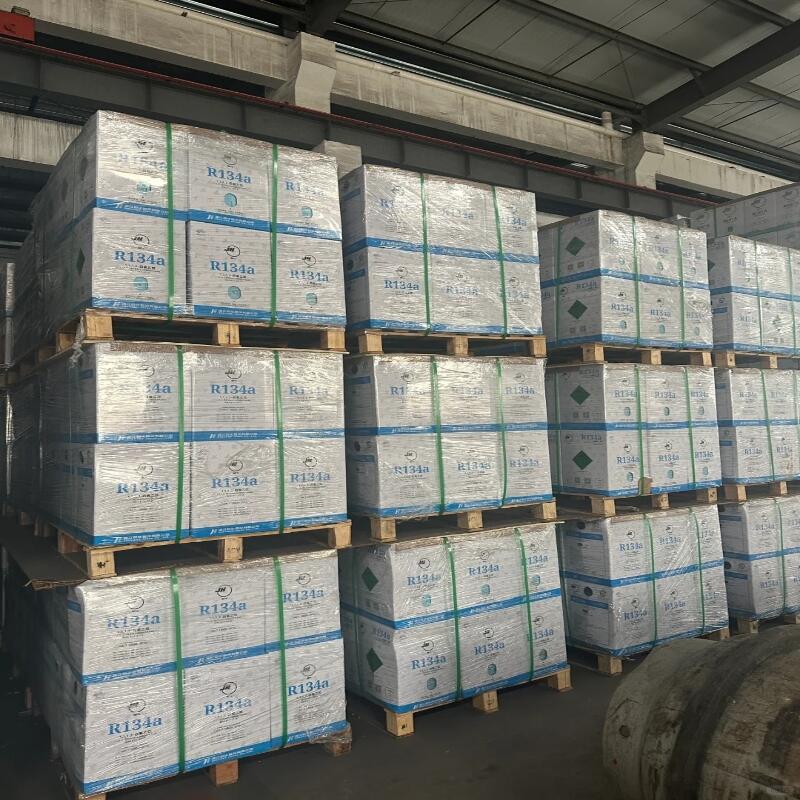-
Categories
-
Pharmaceutical Intermediates
-
Active Pharmaceutical Ingredients
-
Food Additives
- Industrial Coatings
- Agrochemicals
- Dyes and Pigments
- Surfactant
- Flavors and Fragrances
- Chemical Reagents
- Catalyst and Auxiliary
- Natural Products
- Inorganic Chemistry
-
Organic Chemistry
-
Biochemical Engineering
- Analytical Chemistry
-
Cosmetic Ingredient
- Water Treatment Chemical
-
Pharmaceutical Intermediates
Promotion
ECHEMI Mall
Wholesale
Weekly Price
Exhibition
News
-
Trade Service
The chemical industry plays a vital role in the modern world, providing the essential raw materials and products that are used in a wide range of industries.
One of the key components of this industry is bentonite, a naturally occurring clay that is mined from deposits around the world.
Bentonite is a type of volcanic ash that has been altered by weathering and diagenesis, resulting in a clay that is composed primarily of smectite minerals.
This clay has a range of unique properties that make it valuable in a variety of industrial applications.
One of the key applications of bentonite is in the production of drilling mud.
Drilling mud is a thick, viscous fluid that is used in the drilling of oil and gas wells, as well as in mining and construction applications.
Bentonite is added to drilling mud to improve its properties, including its thickening, thixotrophy, and rheological properties.
The upstream products of bentonite are the raw materials that are used to produce the clay.
These include the mineral kaolinite, which is a clay mineral that is composed primarily of kaolinite.
Kaolinite is found in a range of deposits around the world, including in China, Germany, and the United States.
The downstream products of bentonite are the finished products that are made from the clay.
These include drilling muds, which are used in a variety of industrial applications, as well as a range of other products, including absorbents, catalysts, and adsorbents.
The production of bentonite involves a range of processes, including mining, processing, and purification.
The mining of bentonite typically involves the extraction of the clay from deposits in the ground, which are often found in layers of sedimentary rock.
Once the clay has been extracted, it is typically washed and processed to remove impurities and increase its purity.
One of the key benefits of bentonite is its ability to absorb and retain water.
This property makes it valuable in a range of industrial applications, including the production of drilling mud.
When water is added to bentonite, the clay swells and becomes thicker, making it more resistant to flow.
This makes it an ideal component of drilling mud, which needs to be thick and viscous in order to function effectively.
Another key property of bentonite is its ability to thixotrope.
This means that the clay can be rapidly solidified by the addition of a small amount of water, resulting in a more stable and flow-resistant drilling mud.
This property is particularly important in deep well drilling applications, where the drilling mud must be able to withstand high pressure and flow rates.
Bentonite is also valued for its rheological properties, which are important in the production of drilling mud.
In particular, bentonite is able to improve the stability and flow properties of drilling muds, resulting in a more consistent and reliable product.
In addition to its use in drilling mud, bentonite has a range of other industrial applications.
It is used in a variety of absorbent and catalyst products, as well as in a range of adsorbent applications.
These products are used in a range of industries, including in the production of pharmaceuticals, cosmetics, and food products.
In conclusion, bentonite is a valuable component in the production of drilling mud and a range of other industrial products.
Its unique properties, including its ability to absorb and retain water and to thixotrope, make it an ideal component in a range of applications.
In addition to its use in the production of drilling mud, it has a range of other industrial applications, including in the production of absorbents, catalysts, and adsorbents.





